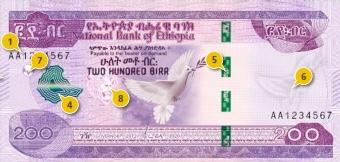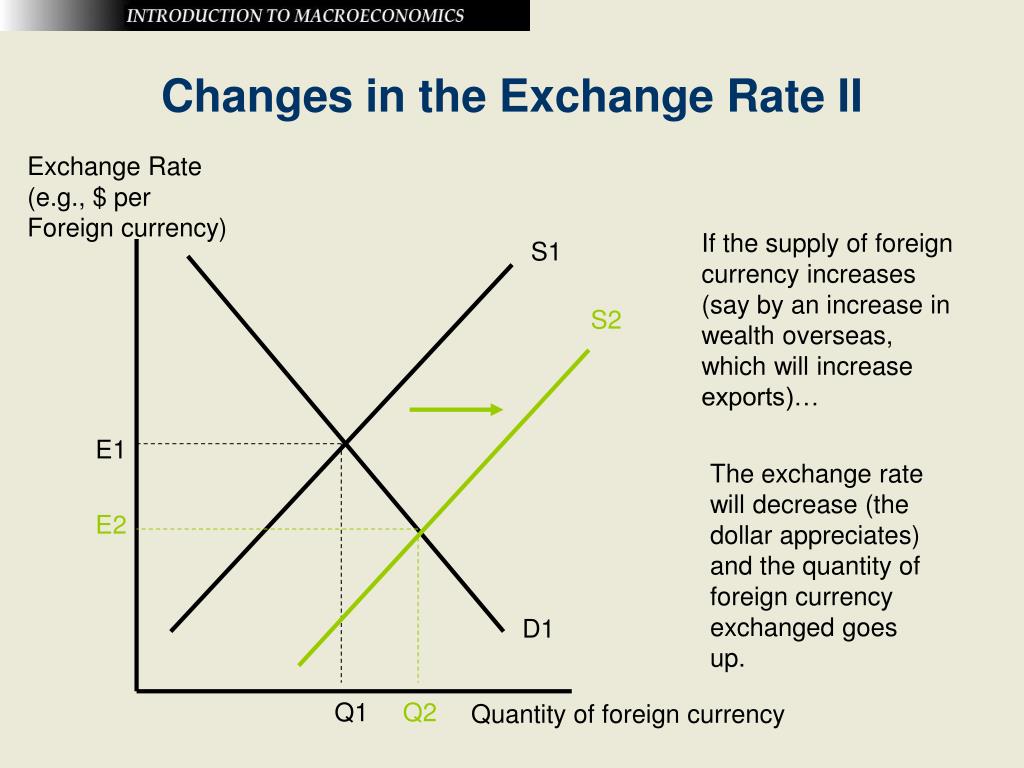
However, if it does not, a black market will very likely arise and the central bank will lose control of the exchange rate. Thus a central bank doesn’t absolutely need to intervene in the Forex market in a fixed exchange rate system. Wherever black markets develop, unofficial traders find each other on street corners, at hotels, and even within banks. The only problem is finding someone willing to buy the pounds at the unofficial rate. This person could convert the pounds for dollars at the official rate or, if he or she wants to make more money, could trade the currency “unofficially” at a higher exchange rate. Suppose an individual or business obtains pounds, perhaps by selling goods in Britain and being paid in foreign currency. The willingness to pay more creates a profit-making possibility. Since the market equilibrium rate is at E $/£ 1, excess demanders would be willing to pay more dollars to obtain a pound than is required in the official market. Together with the excess demand is a willingness to pay more than the official rate to obtain currency.

With each passing day of unsatisfied demand, total unsatisfied demand grows insidiously.įigure 11.3 Conditions for a Black Market However, a more likely scenario is that this unsatisfied demand persists for a long period. Now if this were a one-time occurrence, the unsatisfied demand might be fulfilled in later days when excess supply of pounds comes to the market. Those individuals and businesses demanding the excess ( Q 1 − Q 2) will leave the market empty-handed. In this case, suppliers of pounds will come to the market with Q 2 quantity of pounds, but many people who would like to buy pounds will not find a willing supplier. Suppose further that demand for pounds ( Q 1) on the private Forex exceeds supply ( Q 2) at the official fixed exchange rate, but the central bank does not intervene to correct the imbalance. This is indicated in Figure 11.3 "Conditions for a Black Market" as a horizontal line drawn at Ē $/£. Suppose the United States fixes its exchange rate to the British pound at the rate Ē $/£. Let’s consider why a black market may arise.

A black market arises, however, when exchanges for foreign currency take place at an unofficial (or illegal) exchange rate. Surely the government could simply mandate that all Forex transactions take place at the official fixed rate and implement severe penalties if anyone is caught trading at a different rate. However, we might consider what would happen if the central bank did not intervene. Till now we have said that a central bank must intervene in the foreign exchange (Forex) market whenever there is excess demand or supply of foreign currency.

Learn the five different reasons why trade between countries may occur.


 0 kommentar(er)
0 kommentar(er)
